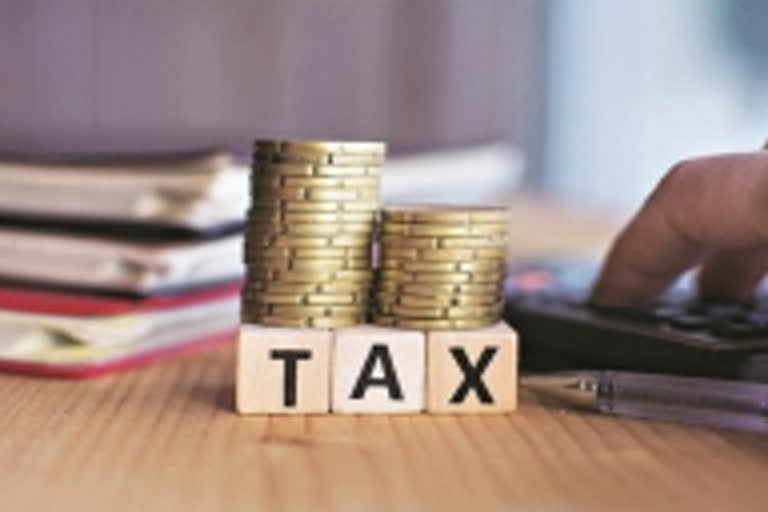New Delhi: As the date of presentation of the Union budget for the next year draws close, foreign industry chambers have once again raised the issue of two different tax rates for foreign companies and Indian companies, saying a high corporate tax rate levied on foreign firms puts them at a disadvantage.
The UK-India Business Council (UKIBC), an industry body that works to promote trade and commerce between India and the UK, urged the government to bring parity in the corporate tax rates between foreign and domestic companies.
The reduction in the corporate tax rate for domestic companies coupled with the abolition of Dividend Distribution Tax (DDT) creates a significant disparity between the effective tax rates applicable to foreign companies and domestic companies, the UK-IBC said in its representation made to the finance minister Nirmala Sitharaman.
According to industry calculations, the effective tax rate on foreign firms turns out to be 43.68% vis-à-vis 25.17% for Indian companies.
UKIBC said the manner of computation of profits for domestic companies and non-residents operating in India under a branch route is ordinarily identical except for certain restrictions imposed on branches of foreign banks.
"Globally, the general practice is to have a tax rate parity across all kinds of companies within the same industry," said Jayant Krishna, Group CEO, UKIBC.
Read: Government is not spending as much as it should be: C Rangarajan
Jayant Krishna cites the example of BRIC countries, saying that all the BRIC countries except India and a majority of OECD countries and other important financial centres like Hong Kong and Singapore have identical tax structures for domestic and foreign companies.
"While abolishing DDT is a positive step, it is recommended that the corporate tax rates for branches of foreign companies be reduced to bring them at par with domestic companies," Jayant Krishna said in a statement sent to ETV Bharat.
Krishna said foreign banks generally operate in India as a branch due to regulatory and commercial reasons and a reduction in the corporate tax rate for such branches will provide a level playing field.
"It will encourage investment by foreign entities that are keen to invest in India through a branch route," he observed.


